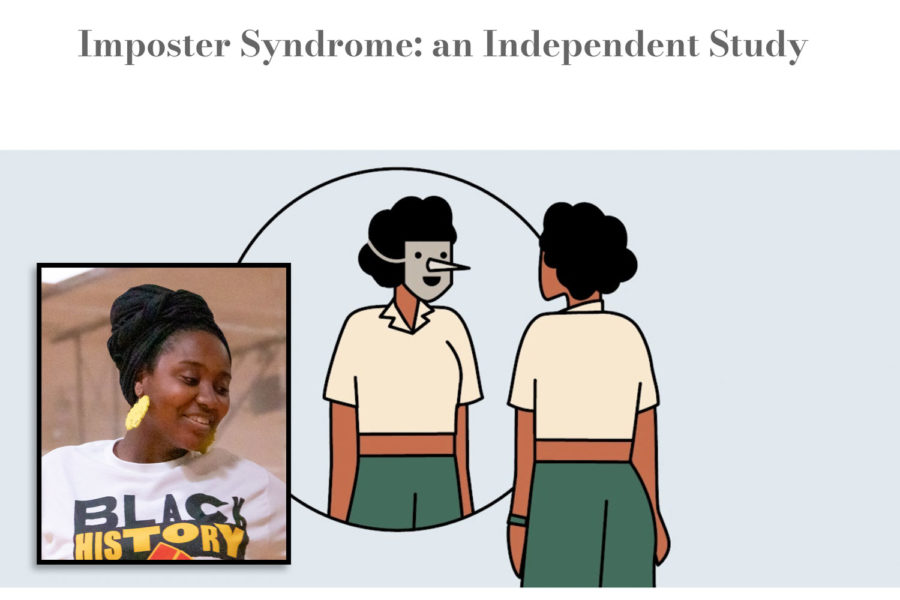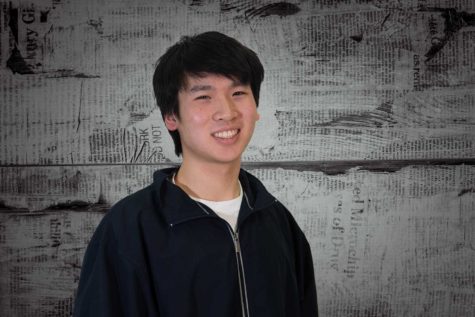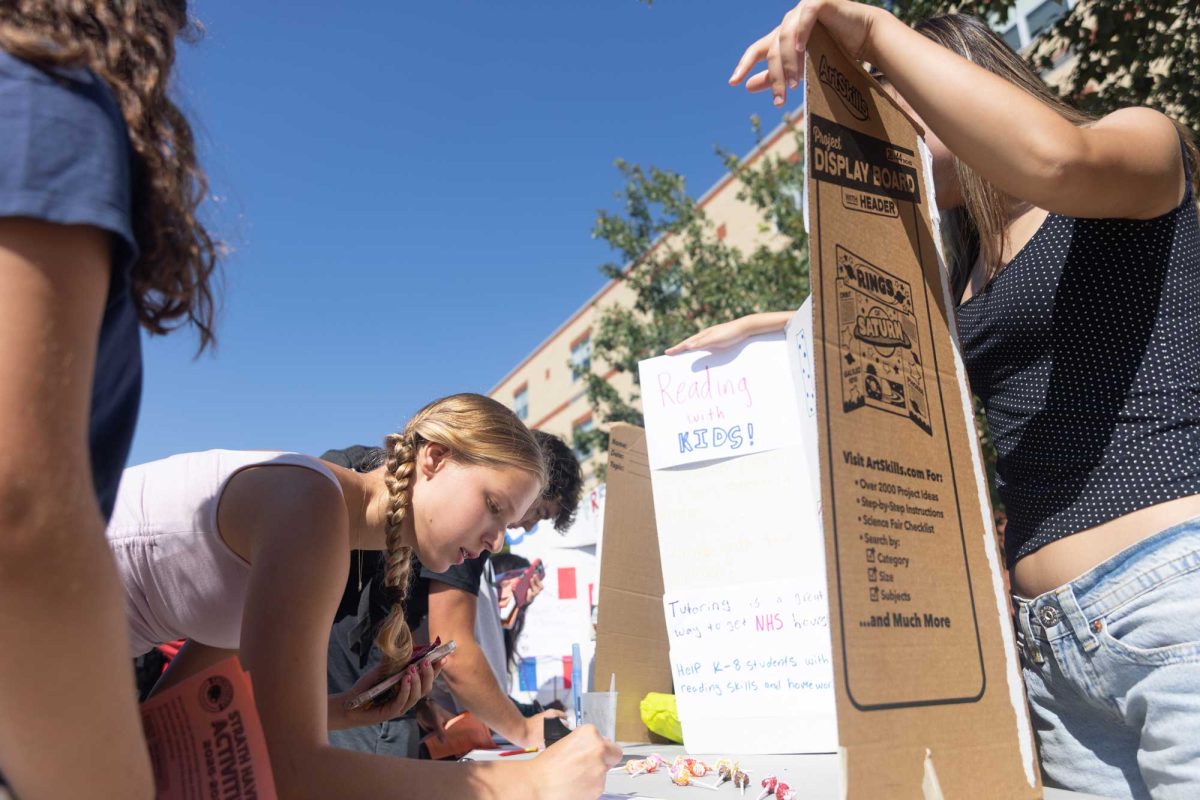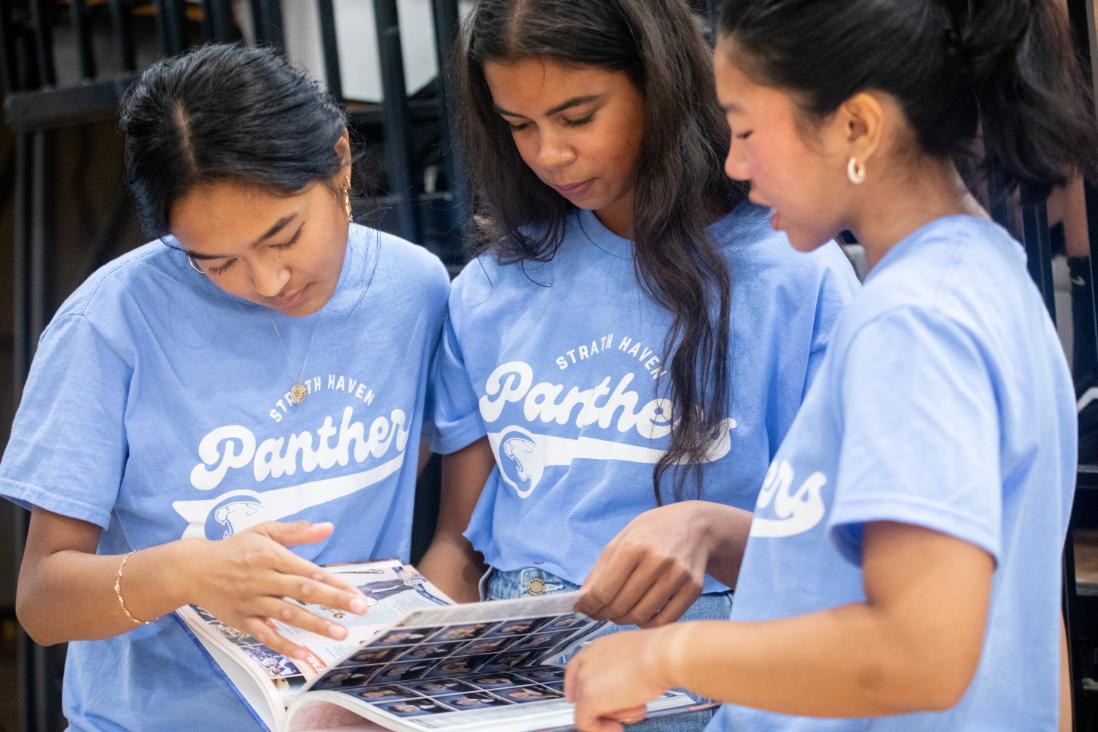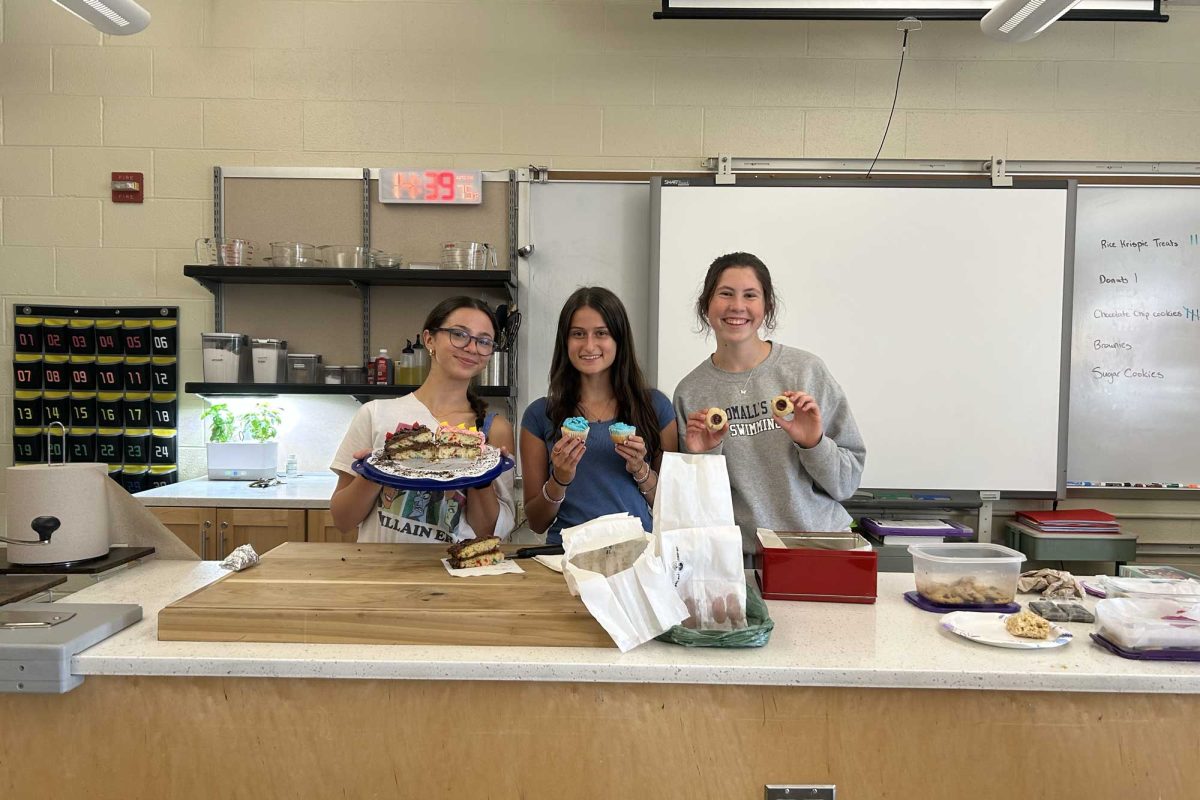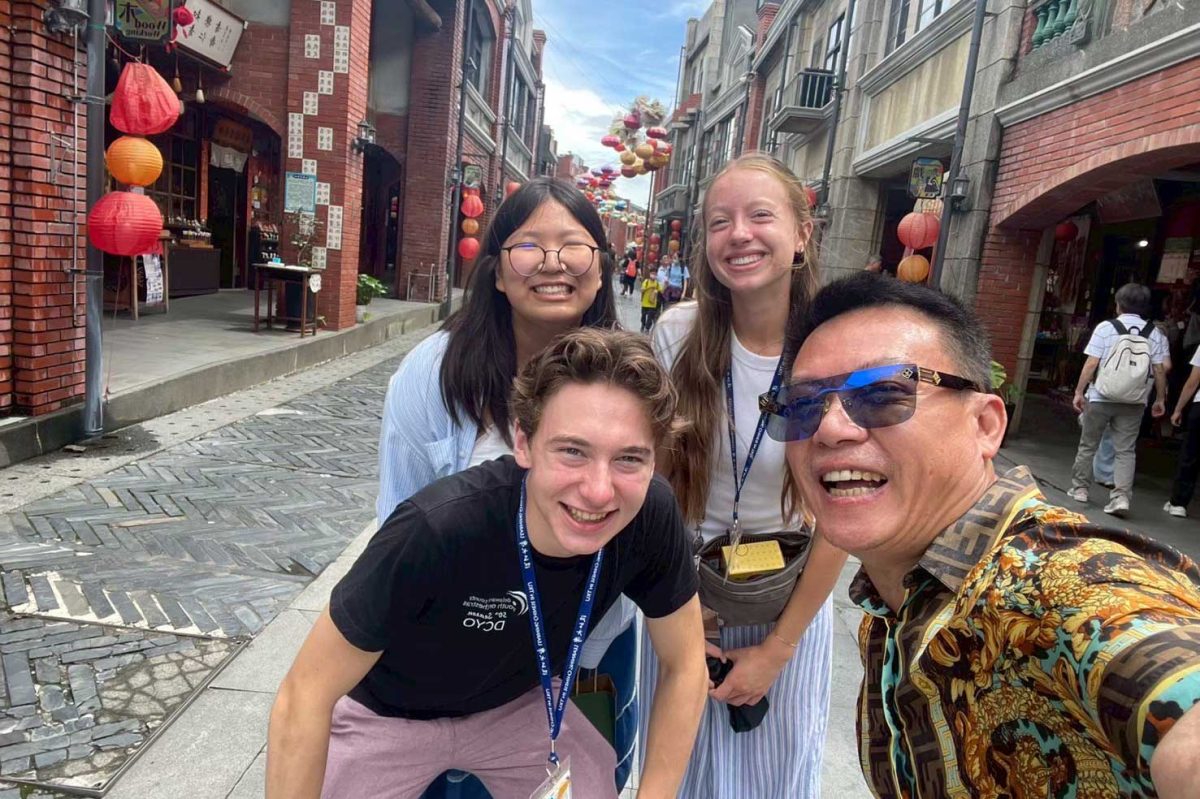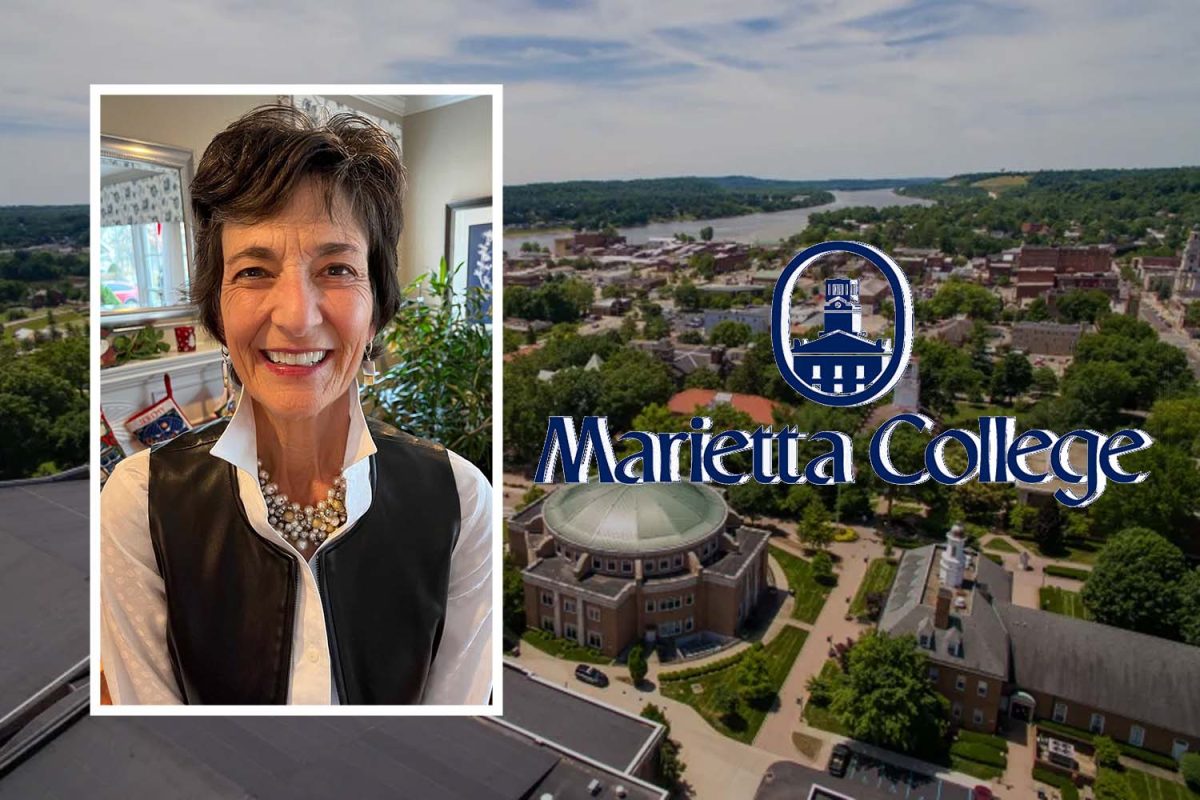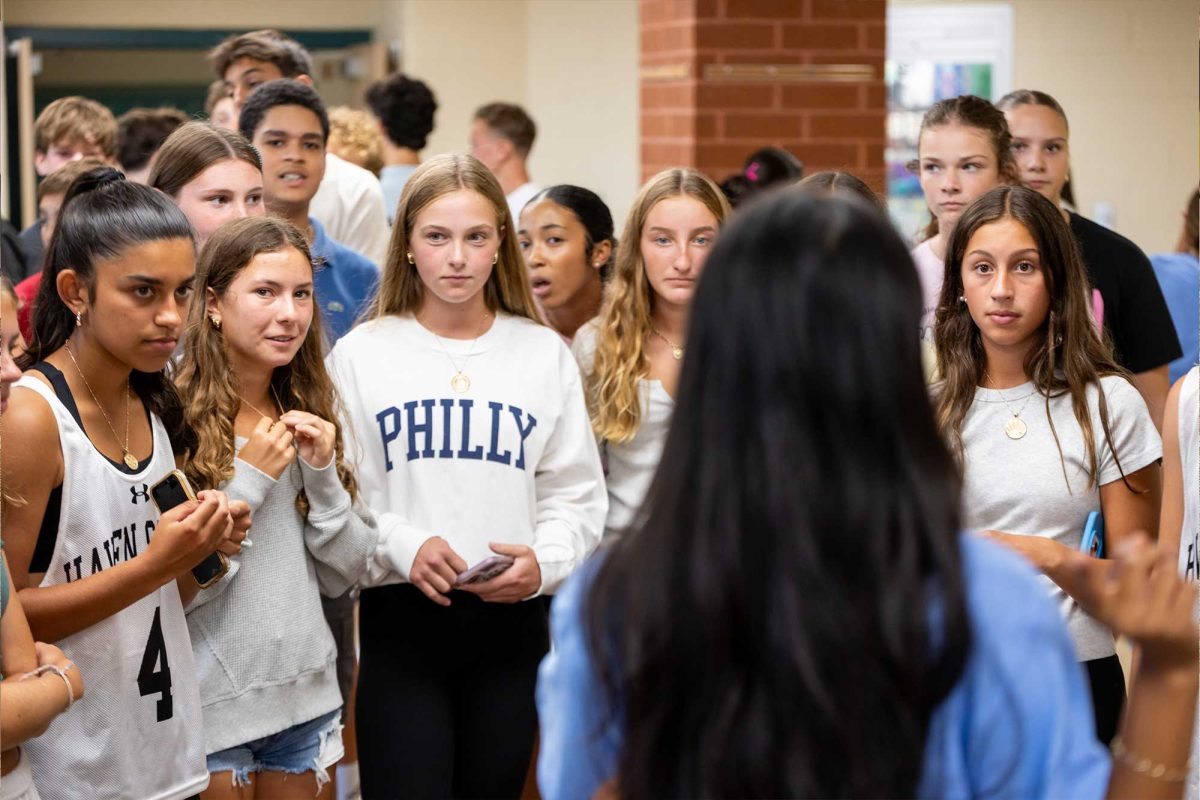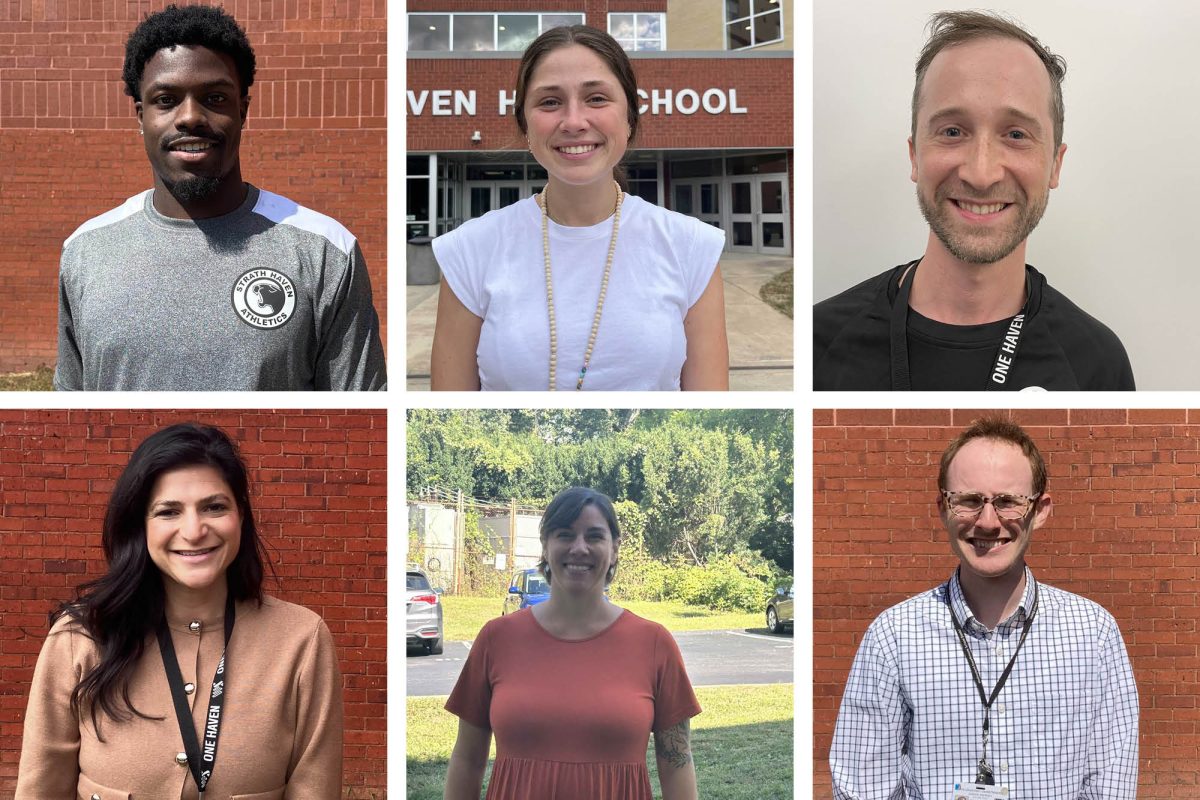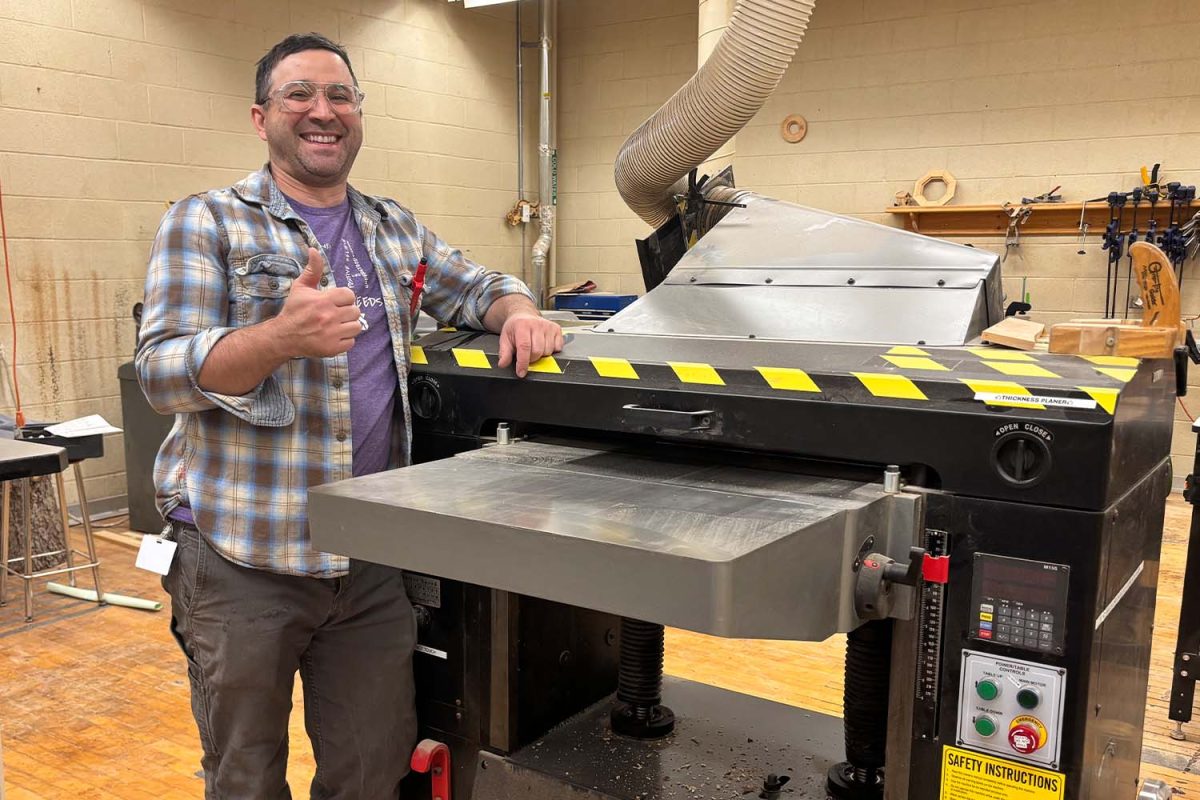Up to 82 percent of people in the United States face feelings of imposter syndrome. Senior Aïssata Koné researched this phenomenon for her fall semester independent study.
Imposter syndrome is defined as a psychological pattern whereby an individual doubts their accomplishments and has a fear of being exposed as a fraud.
Koné first realized she felt symptoms of imposter syndrome when she was in eleventh grade.
“I was accomplishing a lot of things like getting good grades and awards and stuff, but I wasn’t happy,” she said. “I was wondering why because usually people who get good awards or good grades are happy about those sorts of things. And I realized that it was because I was denying myself [of happiness].”
Koné decided to find out why she reacted negatively toward her achievements and how she could use her own experience as a resource for others who share the same feelings.
“[Imposter syndrome] is such an important topic to talk about,” she said. “I feel like a lot of people don’t talk about it… I feel like it’s really easy to feel unworthy or not proud of your accomplishments.”
Koné thinks that imposter syndrome may be more prevalent in the Strath Haven community than in other places.
“I just feel like we have a really competitive environment here,” she said. “So I feel like it’s really easy to feel unworthy or not proud of your accomplishments.”
The final product of her independent study was a website that covers the history of imposter syndrome, ways to diagnose and counsel yourself, and the negative influence of social media on the phenomenon.
Social studies teacher Mrs. Amanda Lawson advised Koné’s independent study and pushed her to create a tangible resource that others could use.
“I thought [imposter syndrome] was definitely something that high achieving females in a high achieving school district might be going through,” Lawson said. “I thought [the independent study] was a worthwhile endeavor.”
The task of compiling research for her final website was far from easy. Koné sifted through books about the subject, scoured the internet, and watched movies and documentaries.
Some of the most influential resources in her research were her interaction with Michelle Obama and her interview with Dr. Jess Sinarski.
Koné saw former First Lady Michelle Obama in Philadelphia on a tour for her book “The Light We Carry.” Inspired by the show, she compiled insights from the presentation on the website. Her transcribed interview with Sinarski, a licensed mental health professional, includes helpful insights on overcoming imposter syndrome.
Koné hopes her website reaches other students and community members.
“I thought it would be a really good resource if they’re trying to figure out ways to combat their imposter syndrome, or if they’re trying to help a friend,” she said. “Or for teachers or parents who have kids who might be suffering from imposter syndrome.”
“I just really want people to use the resource because I feel like it can help a lot of people.”




